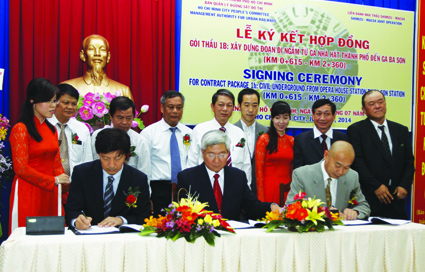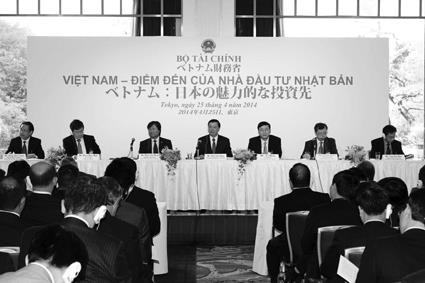The most important change in the revised Enterprise Law, drafted by the Central Institute of Economic Management (CIEM), would be the shift from the right of enterprises to conduct business only in registered fields to that to conduct business in anything not banned by law under Article 33 of the new Constitution, emphasized CIEM director Nguyen Dinh Cung.
He told a workshop held on July 24 in Hanoi that it remained questionable that what entities can impose a ban on business activities or restrict the right to freedom of enterprise and what is the true meaning of “anything not banned by law.”
The drafter of the revised Enterprise Law would mull the mess of 334 “conditional” business lines, which are prescribed in 235 legal documents (three treaties and protocols, 48 laws, five ordinances, 104 decrees, 111 circulars and 15 ministerial decisions).
Some definitions, for example (ban on trading of) cultural products, games and toys which are harmful to the aesthetical and personality education of children, should also be more clearly redefined.
CIEM also proposed a substantial change in the revised Law that only the National Assembly, National Assembly Standing Committee and Government would be competent to impose business ban and prescribe business conditions. No ministries, sectors or local administrations may prescribe banned and conditional business lines and specific business conditions.
It also suggested that some 20 other laws relevant to business operation should be revised to get rid of provisions on founding, governance, reorganization and dissolution of enterprises which are contrary to the revised Enterprise Law, and the Enterprise Law would prevail in case of inconsistency between it and other laws, except the Credit Institutions Law, Securities Law and Insurance Business Law.-



